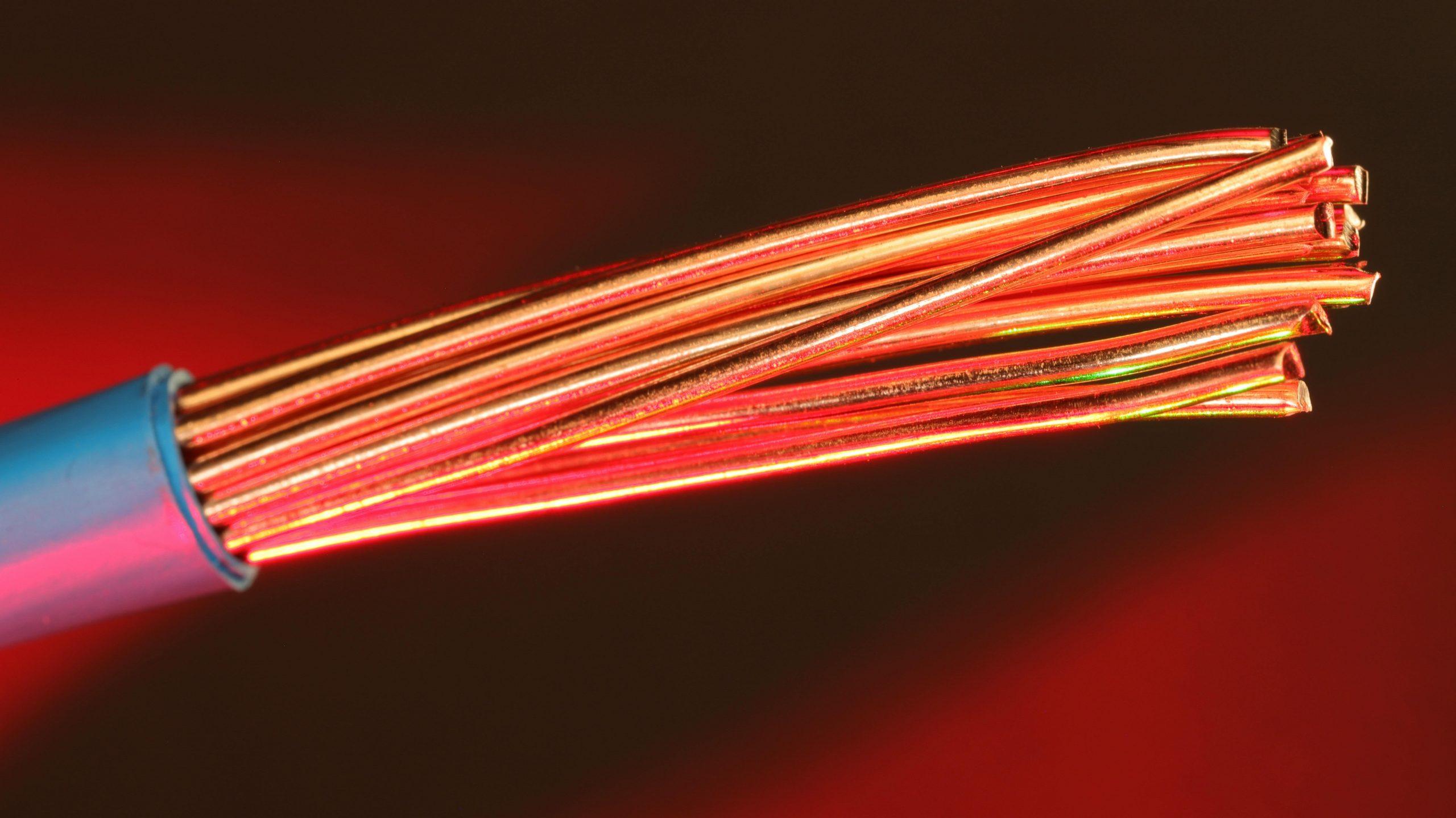What Is Fiber Internet and Why Does It Matter?

Wherever in the country you live, reliable and fast internet access is more than just a luxury, it’s a necessity. Whether you’re working from home, streaming your favorite shows, or connecting with friends and family, the need for fast and dependable internet is constant. While there are many types of internet connections available, fiber optic internet stands out as the superior option for high-speed, reliable, and long-lasting internet service. But with newer alternatives like Starlink and traditional satellite internet making waves, it’s essential to understand how fiber internet compares and why it might be the right choice for you.
What Is Fiber Internet?
Fiber internet is a type of broadband connection that uses light signals transmitted through fiber-optic cables to deliver data at incredibly fast speeds. These cables are made from strands of glass, which allow light to pass through at the speed of light, delivering data quickly and efficiently. Fiber internet is capable of providing symmetrical speeds (meaning download and upload speeds are the same) and can easily handle the demands of modern internet usage, from video conferencing to gaming to streaming ultra-high-definition content.
The Advantages of Fiber Internet
- Speed and Reliability
One of the primary benefits of fiber internet is its speed. Fiber-optic cables can transmit large amounts of data faster than any other type of internet connection. Download and upload speeds can easily reach 1 Gbps (gigabit per second) or higher, which is perfect for households that need to support multiple devices or use the internet for data-intensive tasks. Unlike traditional broadband or satellite options, fiber’s high capacity allows you to download a 4K movie in just a few minutes or participate in a video call without worrying about lag or buffering.
Reliability is another area where fiber internet shines. Fiber-optic cables are resistant to interference from electrical signals, weather conditions, and other environmental factors. Unlike copper cables or satellite signals, fiber-optic lines maintain a steady connection even during storms, high winds, or power outages.
- Low Latency
Another significant advantage of fiber is its low latency, meaning the time it takes for data to travel from your device to its destination is minimal. For activities such as online gaming, video conferencing, or live-streaming, low latency is crucial to ensure a smooth and enjoyable experience. With fiber internet, you’re less likely to experience frustrating delays or interruptions, unlike with satellite internet, which tends to have higher latency due to the distance data needs to travel to and from the satellite.
- Future-Proof Technology
Fiber internet is considered future-proof. As technology evolves, data demands are only going to increase, and fiber’s ability to scale to higher speeds makes it an ideal choice for the future. Whether you’re planning to upgrade your home to include smart devices or using increasingly demanding applications, fiber internet can handle those needs without the need for an upgrade for years to come.
How Fiber Compares to Starlink
While fiber internet is widely considered the gold standard, new technologies such as Starlink are becoming increasingly popular. Here’s how fiber stacks up:
Starlink vs. Fiber Internet:
Starlink, a satellite internet service created by SpaceX, has been lauded for providing high-speed internet to remote and rural areas where traditional internet providers may not reach. By using a network of low-Earth-orbit satellites, Starlink offers speeds that are faster than traditional satellite internet, with download speeds of up to 200 Mbps.
However, despite its advantages, Starlink still has some limitations compared to fiber internet. The most significant difference is latency. Starlink has lower latency than traditional satellite internet due to its low-Earth-orbit satellites, but it still faces latency challenges and slowdown compared to fiber. Fiber’s low latency is ideal for real-time applications, while Starlink may still struggle with tasks like gaming or video conferencing.
Another consideration is service consistency. Starlink’s performance can be influenced by weather conditions, such as heavy rain or snow, which can interfere with satellite signals. Fiber, on the other hand, is immune to weather-related disruptions, making it a more reliable option for uninterrupted service.
Why Does Fiber Internet Matter?
So, why does all of this matter? Fiber internet provides a dependable, high-speed connection that can handle the growing demands of modern households. It enables people to work remotely, stream high-definition content, play online games and more, all without the frustration of slow speeds or interruptions.
When compared to Starlink and traditional satellite internet, fiber internet emerges as the clear winner for anyone looking for consistent speed, reliability and low latency. It’s the future of broadband, and as more areas gain access to fiber, it’s clear that fiber internet is here to stay.
At Beehive Broadband, we’re proud to bring fiber internet to communities across the region, helping families and businesses stay connected in the most reliable and efficient way possible. Whether you’re looking to upgrade your internet or want to learn more about fiber internet’s advantages, our team is here to help. Reach out to us today at 844-390-3310 to find out how fiber internet can make a difference in your life!
CHECK
ADDRESS
Areas we serve.
Utah
Bear River, Bothwell, Brigham City, Bullfrog, Caineville, Callao, Cedar Highlands, Centerville, Clearfield, Elwood, Enterprise, Erda, Eskdale, Gandy, Garrison, Gold Hill, Grantsville, Grouse Creek, Howell, Ibapah, Kelton, Kolob, Lake Point, Layton, Lehi, Lindon, Lofgreen, Lucin, Lynn, Marble Hill, Mantua, Midvale, Morgan, Mountain Green, Murray, Notom, Orem, Park City, Park Valley, Partoun, Payson, Perry, Petersen, Penrose, Pleasant Grove, Porterville, Providence, Rush Valley, Sandy Ranch, Skull Valley, SLC(Avenues), Snake Valley, Snowville, Stansbury, Stockton, Terra, Thatcher, Ticaboo, Tooele, Tremonton, Trout Creek, Vernon, Wendover, West Haven, West Point, West Valley City, Woodland Hills
Nevada
Burbank, Deeth, Elko, Goshute, Independence, Marys River, Montello, Moor, Oasis, Pilot Valley, Pleasant Valley, Wells, West Wendover
